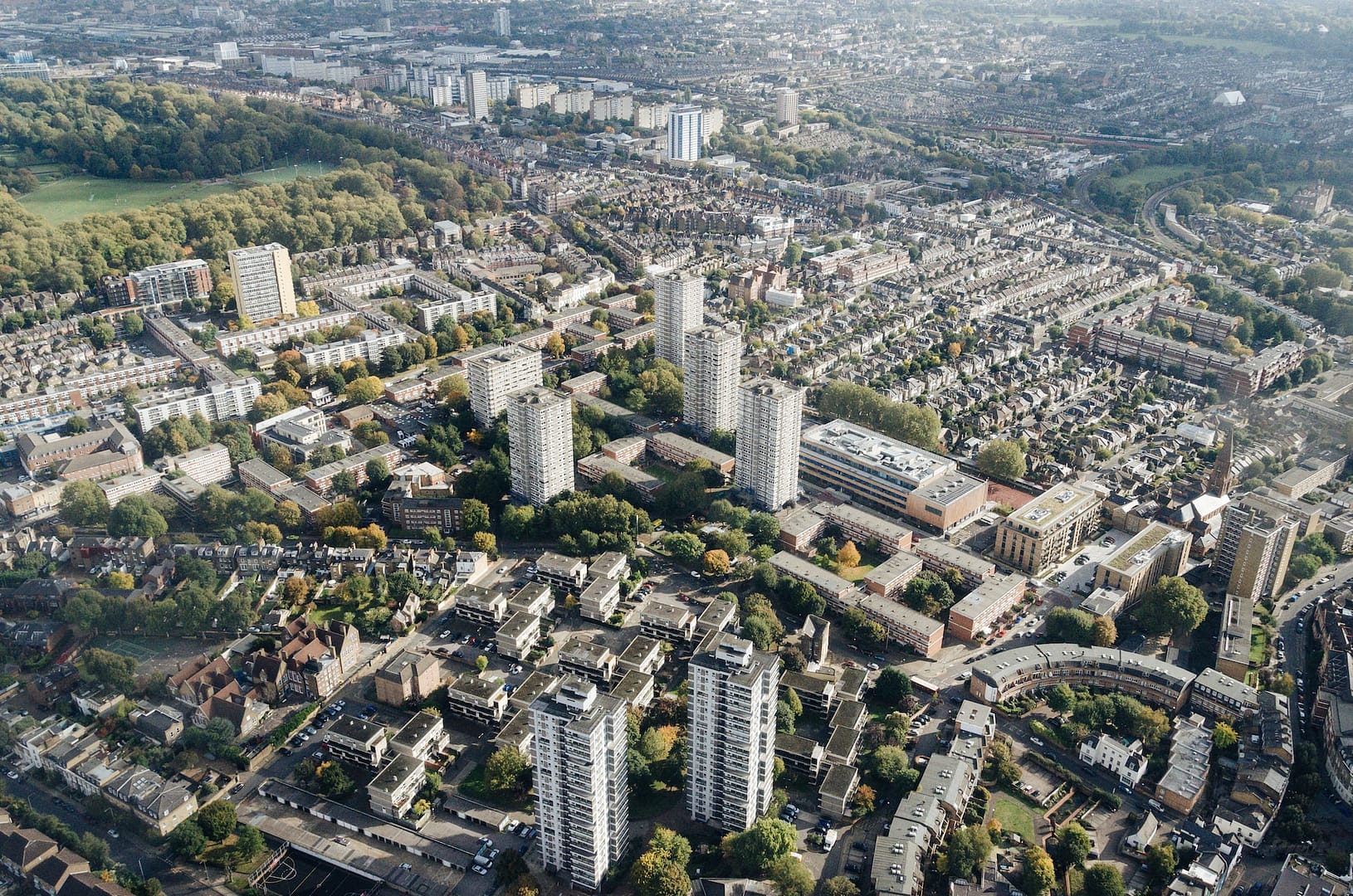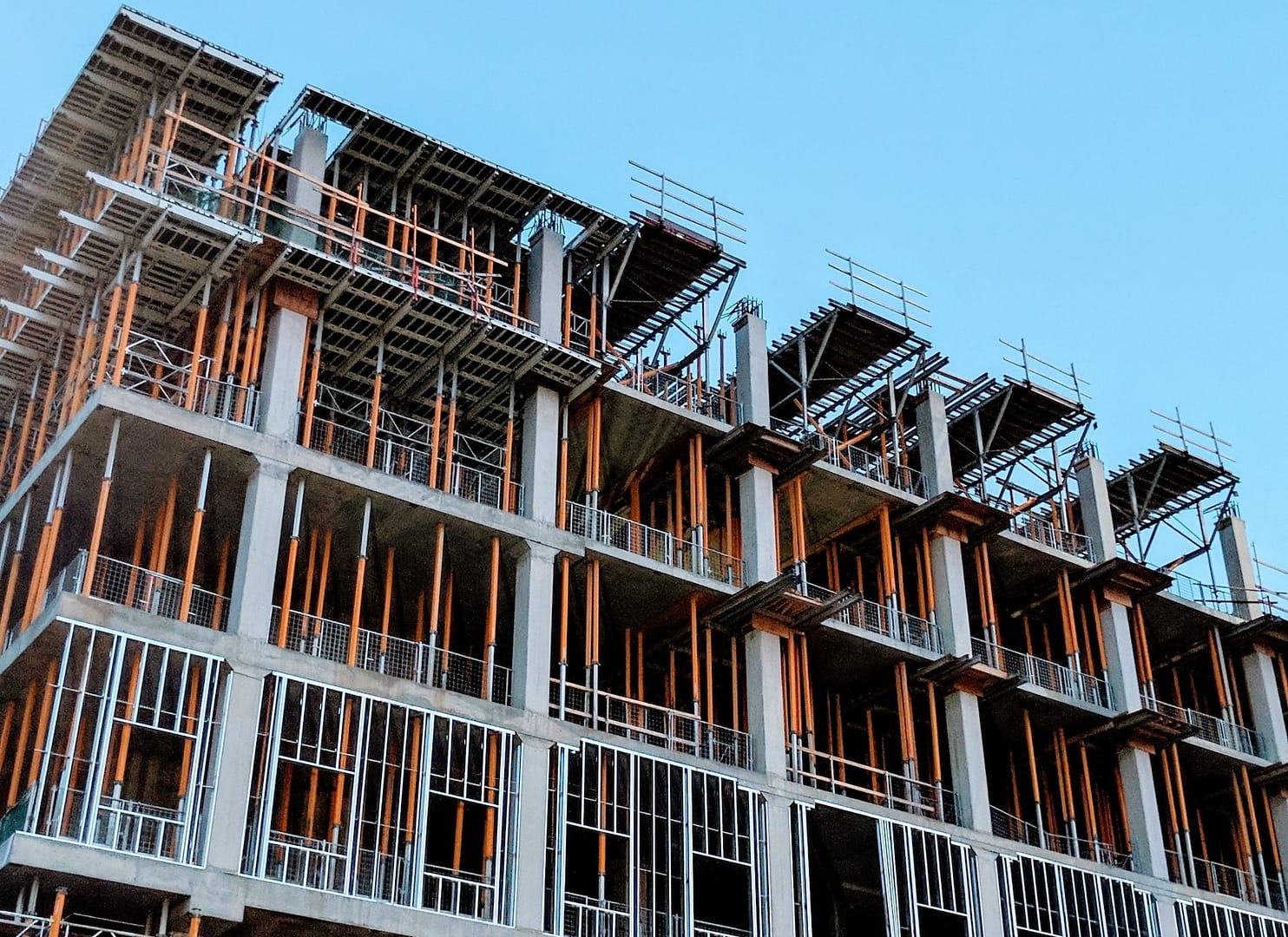In the United Kingdom, the importance of wheelchair accessible housing developments cannot be overstated. These developments are a fundamental component of creating an inclusive society where everyone, regardless of their mobility limitations, can enjoy a comfortable and fulfilling life. In this article, we will delve into the significance of wheelchair accessible housing developments, explore whether new builds are required to be wheelchair accessible, and shed light on the critical role these accommodations play in ensuring equality and independence for individuals with disabilities. We will also walk you through the best steps to take when making a housing disrepair claim.
Understanding the Significance
Enhancing Quality of Life
Imagine facing the daily struggle of navigating your home, unable to access certain rooms or facilities due to architectural barriers. This is the harsh reality for many individuals with disabilities in the UK. Wheelchair accessible housing developments offer a lifeline by providing homes that are thoughtfully designed to meet the specific needs of people with mobility challenges.
The significance of such housing lies in its power to enhance the quality of life for those with disabilities. A wheelchair accessible home allows residents to move freely within their living space, access essential amenities like bathrooms and kitchens independently, and even enjoy the outdoors without hindrance. This level of autonomy is invaluable and contributes to a greater sense of self-worth and dignity.
Fostering Inclusion
Inclusivity is a cornerstone of a progressive society. Wheelchair accessible housing developments play a pivotal role in fostering inclusivity by breaking down barriers that segregate individuals with disabilities. When communities prioritise accessibility in their housing options, they send a clear message that everyone, regardless of their physical abilities, is a valued member of society.
Moreover, accessible housing promotes social integration by enabling individuals with disabilities to participate more fully in community activities and engage with their neighbours. It encourages a sense of belonging and reduces the isolation that can often accompany limited mobility.
Future-Proofing Infrastructure
The UK’s population is ageing, and the number of people with mobility limitations is expected to rise. By investing in wheelchair accessible housing developments now, the country is future-proofing its infrastructure. These accommodations ensure that individuals can age in place with dignity, avoiding the need for costly and disruptive home modifications or the relocation to specialised care facilities.
Furthermore, accessible housing is not only for those currently using wheelchairs. It benefits a wide range of people, including seniors with limited mobility, parents with strollers, and individuals recovering from injuries or surgeries. In essence, it makes housing more adaptable to the changing needs of the population.
The Crucial Role of Wheelchair Accessible Housing Developments
Wheelchair accessible housing developments are not just a matter of compliance with regulations; they are a matter of social responsibility and equality. These developments play a crucial role in addressing the housing needs of individuals with disabilities and creating a more inclusive society. Let’s explore some key aspects of their importance.
Independent Living
The ability to live independently is a fundamental human right. Wheelchair accessible housing developments enable individuals with disabilities to exercise this right by providing them with homes that are designed to accommodate their specific needs. This includes features like ramps, widened doorways, and accessible bathrooms that empower residents to perform daily tasks without relying on constant assistance.
The psychological impact of independent living should not be underestimated. It boosts self-esteem and fosters a sense of self-reliance. When individuals have control over their living environment, they are more likely to pursue personal and professional goals, contribute to their communities, and lead fulfilling lives.
Economic Benefits
Accessible housing developments also bring economic benefits to communities. By creating accessible homes, developers increase the pool of potential buyers and renters. This not only enhances property values but also stimulates the construction industry and generates jobs. Moreover, accessible housing reduces the burden on social and healthcare services by enabling individuals with disabilities to live more independently, thereby decreasing their reliance on support services.
Environmental Considerations
In recent years, there has been a growing focus on sustainability and energy efficiency in housing. Wheelchair accessible housing developments have an opportunity to align with these goals by incorporating eco-friendly design principles. This includes energy-efficient appliances, renewable energy sources, and water-saving features. By doing so, these developments contribute to a greener and more sustainable future while still prioritising accessibility.
Making a Housing Disrepair Claim
While wheelchair accessible housing developments are crucial for the well-being of individuals with disabilities, it’s essential to acknowledge that there can be instances where these accommodations may fall into disrepair. When this happens, it’s important for residents to know their rights and how to make a housing disrepair claim to ensure that their accessible homes remain safe and functional.
Understanding Housing Disrepair
Housing disrepair refers to the condition where a property, including wheelchair accessible homes, has defects or maintenance issues that affect the living conditions and well-being of its occupants. These defects can encompass a wide range of issues, such as structural problems, plumbing and heating failures, electrical faults, and issues related to accessibility features.
For wheelchair users, accessibility features like ramps, widened doorways, and adapted bathrooms are of utmost importance. Any disrepair in these areas can severely impact the residents’ ability to live independently and comfortably.
The Importance of Timely Repairs
Timely repairs are crucial in addressing housing disrepair issues. When wheelchair accessibility features are compromised due to disrepair, individuals with disabilities may find themselves unable to navigate their own homes safely. This not only affects their quality of life but can also lead to physical harm.
Making a Housing Disrepair Claim
Residents of wheelchair accessible housing developments have legal rights to ensure that their homes remain in good repair. Here are the steps to follow when making a housing disrepair claim:
Report the Disrepair
The first step is to report the disrepair issue to the landlord or property management company in writing. Be sure to include detailed information about the problem, when it was discovered, and any potential consequences it has on your living conditions.
Allow Reasonable Time for Repairs
After reporting the issue, the landlord or property management company should be given a reasonable amount of time to carry out the necessary repairs. The specific timeframe can vary depending on the severity of the disrepair, but it should be a reasonable period, typically measured in days or weeks, rather than months.
Seek Legal Guidance
If the landlord or property management company fails to address the disrepair issue within a reasonable timeframe, it may be necessary to seek legal guidance. You should consult with us at National Claims, where we specialise in housing disrepair claims to assess your situation and explore your legal options while guiding you through the claims process.

Conclusion
Wheelchair accessible housing developments in the UK play a pivotal role in ensuring the well-being and independence of individuals with disabilities. These developments offer a lifeline by providing homes that are thoughtfully designed to meet the specific needs of people with mobility challenges.
While new builds are not universally required to be wheelchair accessible, there are regulations, standards, and voluntary initiatives in place that promote accessibility in housing construction. It’s crucial for developers, landlords, and property management companies to prioritise the maintenance and repair of these accessibility features to ensure residents can continue to live comfortably and independently.
In cases where housing disrepair issues arise, residents have legal rights to seek timely repairs and remedies. By understanding the process of making a housing disrepair claim, individuals with disabilities can protect their rights and ensure that their accessible homes remain safe and functional.
In conclusion, accessible housing is not only a matter of convenience; it’s a matter of social responsibility and equality. Wheelchair accessible housing developments enable individuals with disabilities to live independently, access equal opportunities, age with dignity, and contribute to their communities. These developments are an essential part of creating an inclusive and equitable society in the UK.
Contact us today to start your claim and to find out more about how we deal with housing disrepair at National Claims.
Click below to see why we are one of the most trusted claims management companies in the UK.

We’re proud of our excellent customer reviews
We thrive on delivering exceptional service and ensuring our clients’ satisfaction. Don’t just take our word for it. Check out some of our independent reviews to see what our clients have to say.
Excellent

This firm is excellent, they sorted out my car pay out and injury claim very fast, they always communicate with you all the time.

My accident case was dealt with confidence and with great result of the outcome, especially James kept me informed all the time.

I was very impressed at the way my inquiry was treated. I was listened to attentively and everything I needed to know was explained to me.






